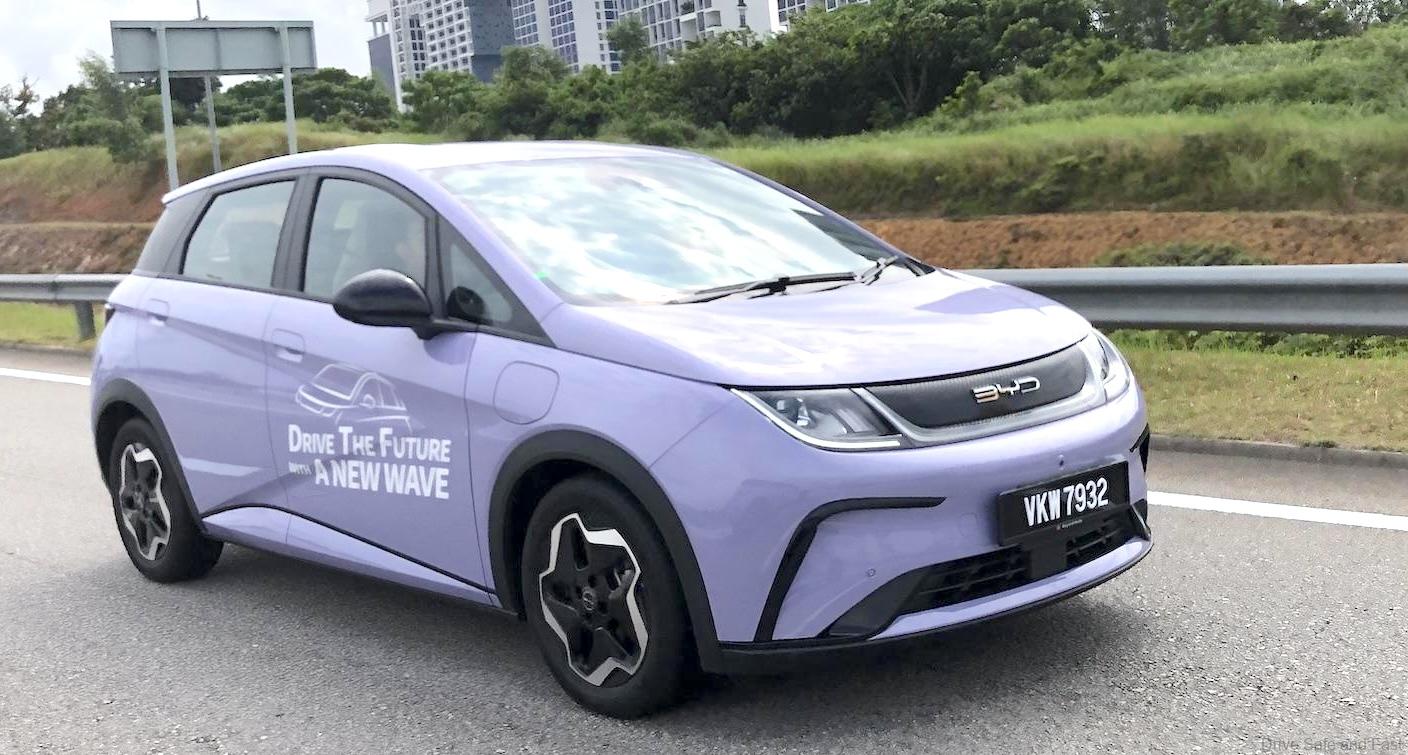Chinese EV brands plan to produce more EVs in Thailand using local materials
The landscape of electric vehicle (EV) manufacturing in Thailand is set to change dramatically this year as Chinese automakers gear up to start local production, according to the Board of Investment (BoI). This shift is expected to boost the local economy and enhance Thailand’s status as a regional hub for EV production.

The BoI has confirmed that BYD and GAC Aion will commence EV manufacturing in Thailand in the third and fourth quarters of this year, respectively, while Changan Automobile plans to begin local assembly of EVs early next year. These manufacturers are not only producing vehicles but are also committed to sourcing local materials to support their operations.
Moreover, BYD has ambitious plans to produce 150,000 EVs annually, positioning itself as a major player in the Thai EV market. GAC Aion is targeting an annual production of 50,000 EVs in its initial phase, which underscores the growing confidence of Chinese automakers in the Thai market. Meanwhile, Changan Automobile aims to produce 100,000 EVs per year.

These new entrants join the ranks of Great Wall Motor (GWM), Neta, and the Thai-Chinese joint venture SAIC Motor-CP, the manufacturer of MG cars, all of which have already begun producing electric cars in their Thai facilities. The increase in the number of EV manufacturers is expected to stimulate the development of EV supply chains for auto parts within the Thai market.
On top of that, Narit Therdsteerasukdi, the secretary-general of the BoI, emphasised the significance of this development, saying, “We expect the number of EV manufacturers to increase, contributing to the development of EV supply chains for auto parts in the domestic market. This will make Thailand a regional EV production hub.”

The BoI is actively promoting the growth of the EV industry through various investment incentives. These incentives are designed to attract EV-related businesses, including those involved in battery production and EV charging infrastructure. By offering these incentives, the BoI aims to create a favourable business environment that encourages investment.
What’s more, the local production of EVs is anticipated to bring several benefits to Thailand. It will create jobs, enhance technological capabilities, and reduce the country’s dependence on imported vehicles. Furthermore, the development of a robust EV supply chain will ensure that Thailand remains competitive in the rapidly evolving global automotive industry.

We got all this from the Bangkok Post. Thank you Bangkok Post for the information and images.

